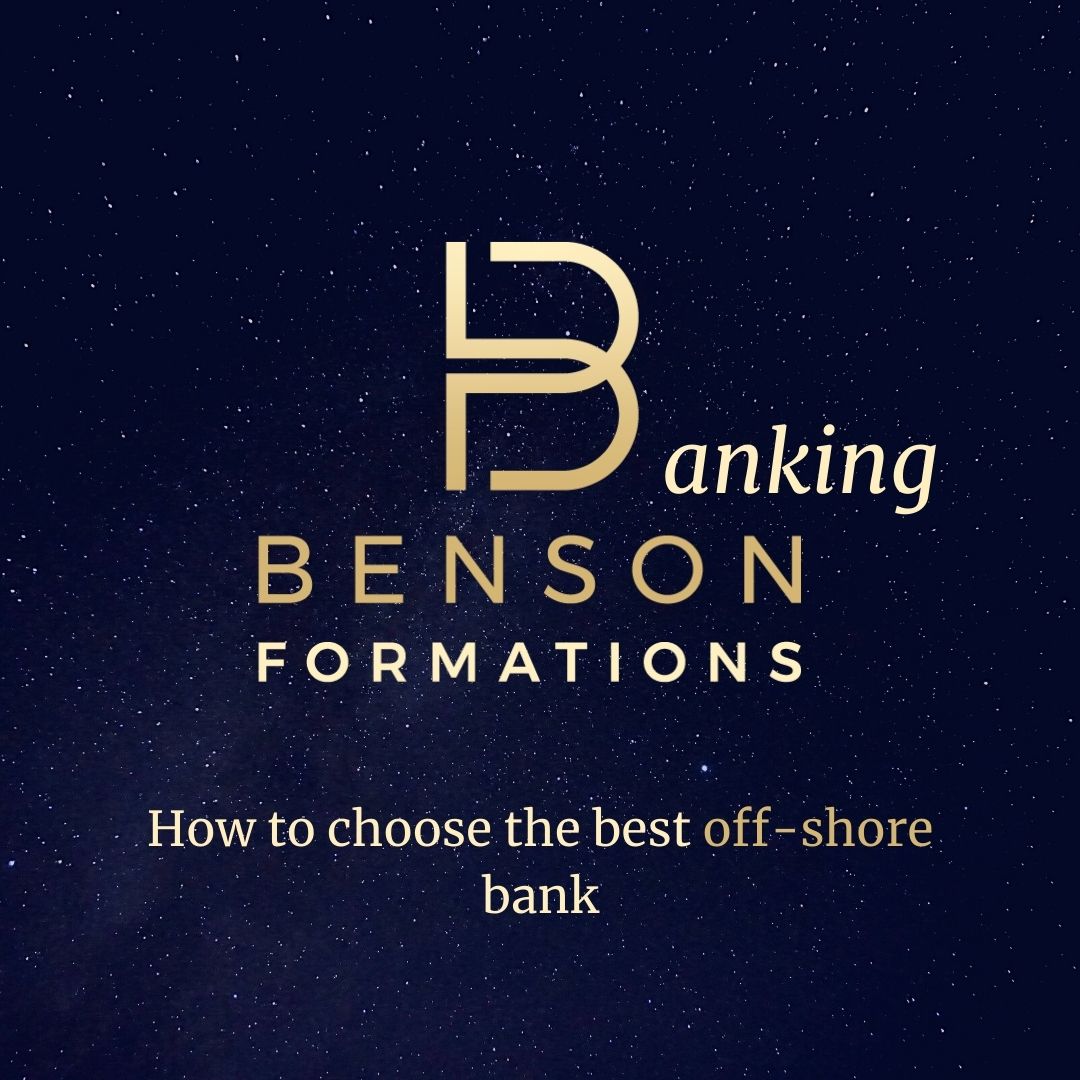important things you should know
Offshore Banking: Questions And Answers
An offshore bank, in contrast to a standard ‘onshore’ bank, is the bank located in a different country from that of its clients. Countries that allow the practice are known as tax havens or/and offshore financial centers. Banks often offer this service exclusively to non-residents (foreign clients) and are not allowed to offer its banking services also to their residents (local clients) until they are approved by the respective Central Bank in order to set a clear distinction between offshore and domestic banking sectors. The practice of offering offshore accounts to depositors who do not live in the country is what is referred to as offshore banking.
An offshore bank account is an account opened in a bank by a non-resident of the country where the bank is located. The typical reason for an individual or company to have the offshore bank account is to benefit from low tax or/and increased privacy in jurisdictions where such banks are often based, however ther reasons can be diversification and mitigating the risks (e.g. political) or simply more favorable conditions for banking provided by the particular bank.
Yes, offshore banking is available for both, corporations and individuals, therefore any person can open such an account. The requirements depend on a particular bank, however are usually very similar as in banks of the client’s home country. Apart from the basic requirements to verify your identity there are also additional anti-money laundering requirements, such as declaring the source of funds/income, to make sure that the account is not to be used for illicit purposes. Please contact us if you consider opening your offshore bank account and wish to learn more about how it works. We can help you to decide on the right country where to open such bank account considering your nationality and residence. This is a delicate matter that should not be rushed. We are ready to help you.
Yes, they have and it was long time ago when the process of opening a new account with offshore bank was easy and often a question of verifying identity of a client alone. The trend in both, onshore and offshore banks to carry out more and more enhanced due diligence before accepting new clients in order to prevent the illegal use of their accounts is becoming a new standard nowadays though their KYC policies vary by jurisdictions.
Offshore jurisdiction is a term used to point out a geographical area of the particular offshore country, as being away from home shores, i.e. from onshore countries. Typically, tax havens (such as the British Virgin Islands, Bermudas, or the Bahamas) and/or offshore financial centers (such as Singapore, Hong Kong, Dubai) are referred to as the offshore jurisdictions.
Offshore banking is completely legal. Despite what you may hear about tax evasion or other illegal activities, there’s nothing illegal about establishing an offshore bank account unless you do it with dodgy intent of e.g. tax evasion or money laundering. If so, do not contact us, we are not the right place to help you. In our case, the offshore banking is about legal activities such as legally diversifying your business and mitigating inherent risks by e.g. putting your liquid assets in sound, well-capitalized institutions where your needs are are treated the best.
The advantages of offshore banking include tax benefits, asset protection, privacy, and a broader range of investments. Downsides include often higher costs than in high street banks and also increased regulatory scrutiny that to which offshore jurisdictions and accounts now face.
Yes, and it does not have to be an offshore bank account far away, but in a bank of your neighboring country. Since a decision of any state authority typically applies only on the territory of such state, by opening your bank account in another country e.g. just cross the border you will de facto increase your freedom by being our the reach of such decision of the state authority of your home country. Think of it and contact us for more details.






